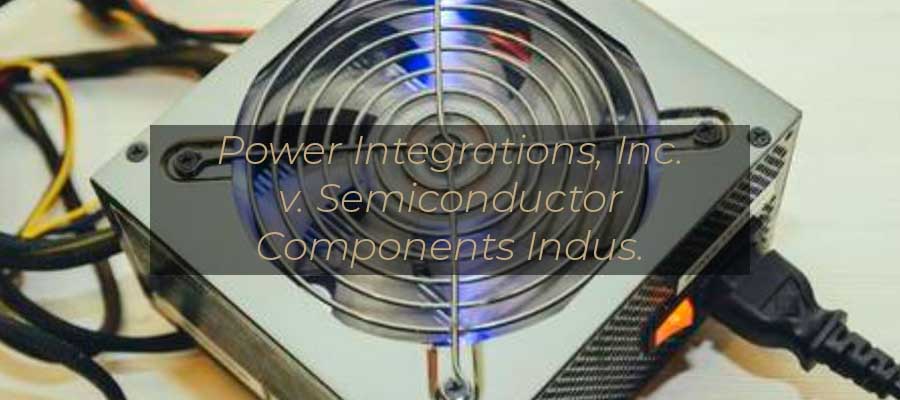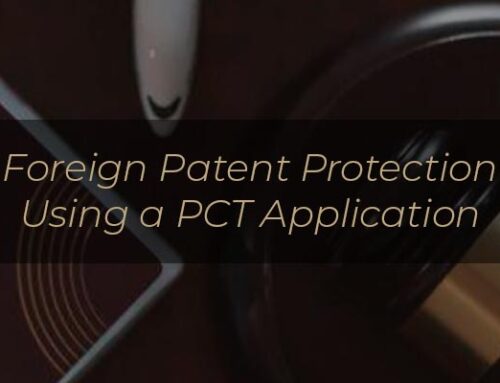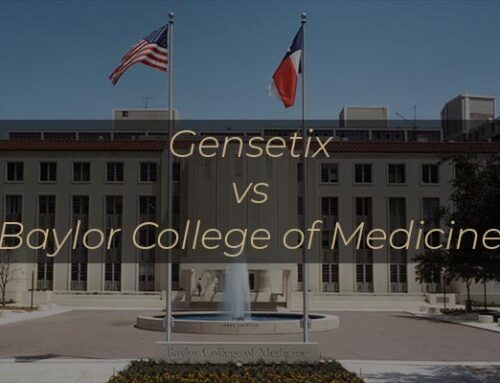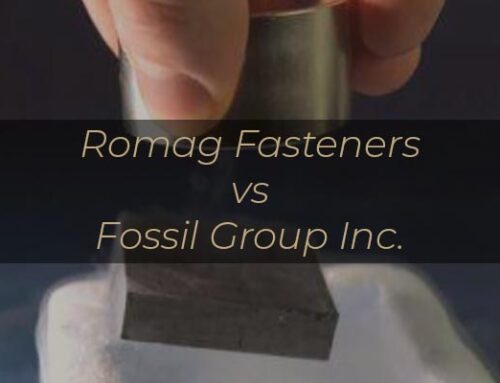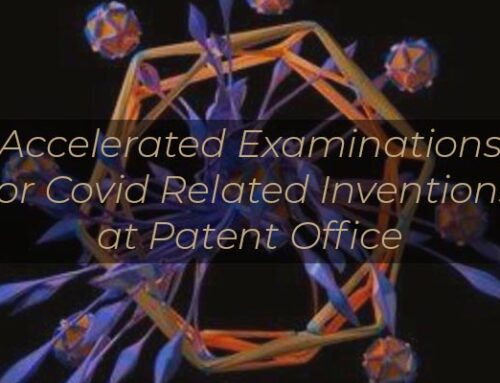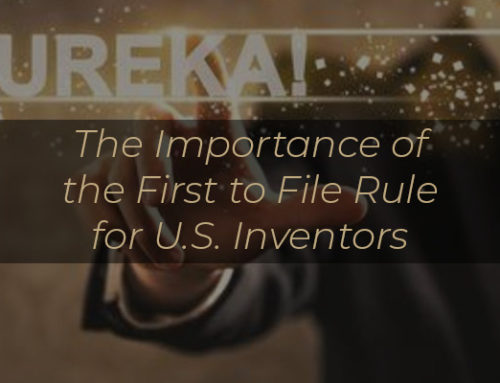The America Invents Act permits a party to challenge a patent (a “petitioner”) before the Patent Trial and Appeal Board (PTAB) via an inter partes review (an “IPR”). However, the AIA provides that such a review cannot be instituted if the petition for review is filed more than one year after the petitioner, its privity or a real party in interest, is sued over the patent.
In the case of Power Integrations, Inc. v. Semiconductor Components Indus., the Court of Appeals for the Federal Circuit ruled that the petitioner’s business relationships must be evaluated not just at the time the petition was filed, but when the PTAB makes its decision to institute the proceeding. In this case, the plaintiff sued Fairchild Semiconductor.
During the pendency of that litigation, ON Semiconductor separately filed petitions to challenge the plaintiff’s asserted patents and also acquired (via merger) Fairchild Semiconductor several months after the petitions were filed. The CAFC ruled that at the time of the PTAB’s institution decision, Fairchild and ON Semiconductor were interested parties as a result of the merger, and because the petitions were filed more than one year after the lawsuit against Fairchild, the petitions were time barred.
As a result of this decision, patent owners have a new ground to attack IPRs, and petitioners need to be even more vigilant in watching for business activities which may trigger the time bar that prevents them from filing an IPR.

